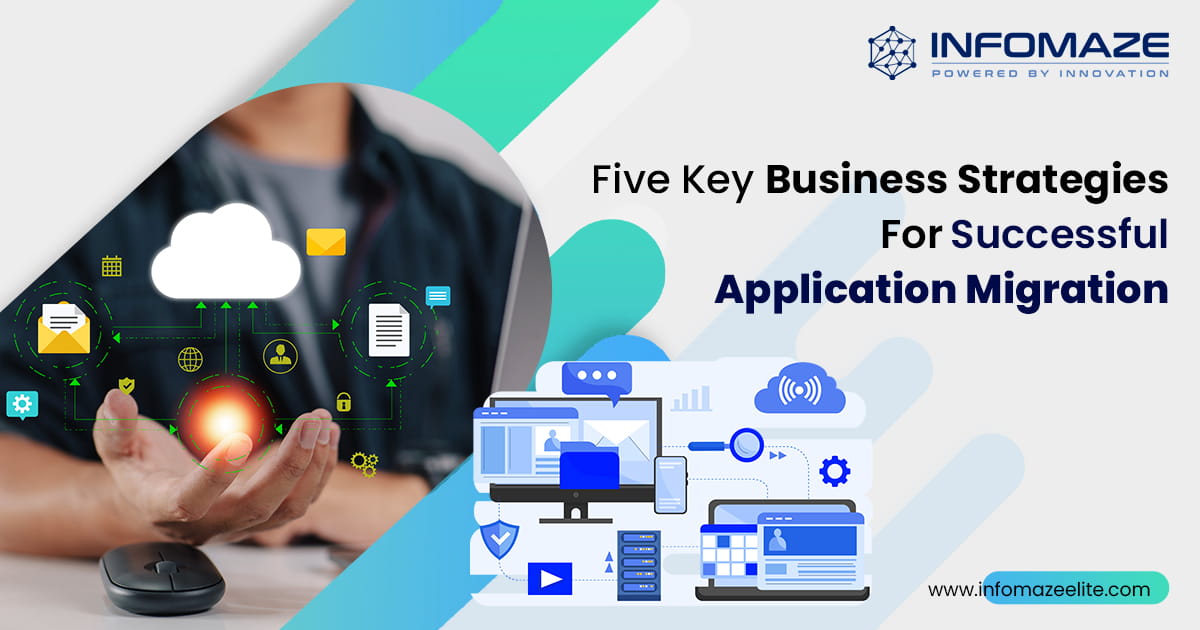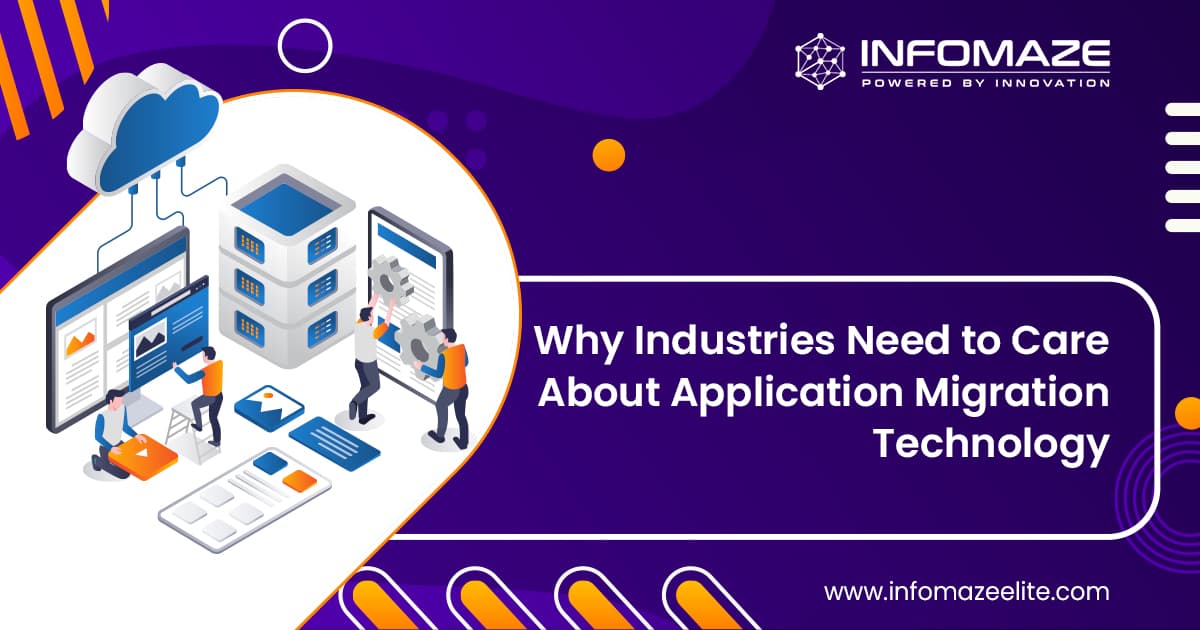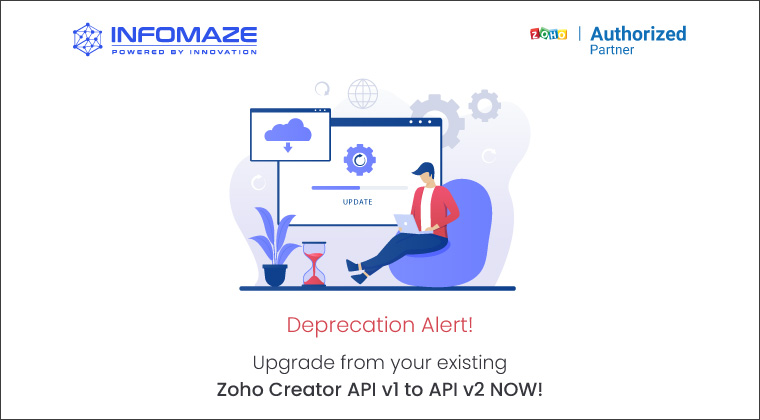Application Migration to the Latest .NET Core Framework
Introduction
Infomaze is a leading software solution provider, that embarked on a strategic solution approach to modernizing legacy applications by migrating to the latest dotnet core framework. This case study outlines the challenges faced by the client regarding the migration process and all the positive outcomes they achieved through this technological transition.
What is Application Migration?
Application migration is the process of moving the software application from either on-premises to the cloud or from a public cloud to a private cloud environment. Software applications are generally built to run on a specific operating system in a specific network architecture or developed for a single cloud-based platform. This is why it’s much easier to move applications from virtual or service-based architecture than from applications running on bare metal hardware.
Migrating an application to a new environment can cause you several problems. So determining the migration strategy is very crucial. Here are the key factors of the migration process that are influencing the success and efficiency of a business:
- Application Architecture
- Data Migration
- Integration with Other Systems
- Compatibility with the Target Environment
- Security Measures
- Compliance Requirements
- Performance Optimizations
- Cost Considerations
- Testing, Training, Validating
- Change Management
About the Client - An MNC that Requires Application Migration to .NET Core Framework
Our client was a reputable multinational company (MNC) that had issues with their storage space and was using the old version of the .NET application built in Visual Basic 6 (VB6). They had to manage large volumes of data on both the cloud and on-premises legacy systems as well.
The Challenges - Due to Insufficient Storage Space Client Requires Application Migration
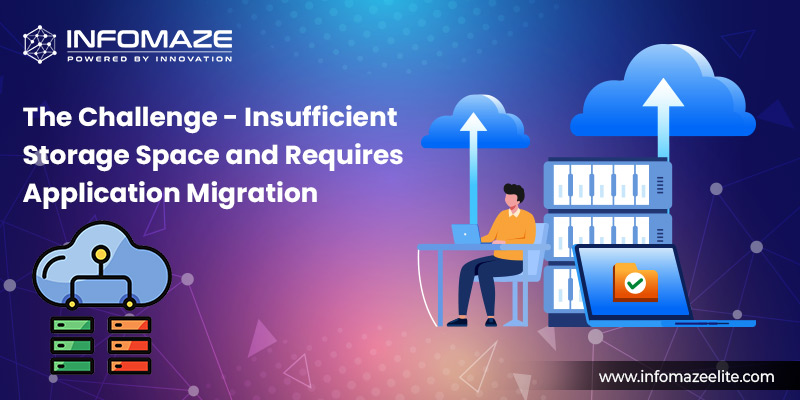
The client faced numerous issues due to this poor storage facility from data management to moving the important data to a proper storage facility without risking any data. Here are the issues that our client faced every day:
Dependent on Google Storage:
Our client was using Google Storage to store their confidential data which includes both customer data and company data. However, the lack of backup in the cloud resulted in operational inconveniences.
Manual Data Transfer:
Due to insufficient data storage spaces, the client had to spend extended hours trying manually to transfer their data from one environment to another. This process was not only time-consuming but also exhausting for the employees.
In response to this storage issue, the client desired to discontinue the usage of outdated systems in their firm and instead rehost utilizing a SaaS cloud-based application migration service. The main reason for choosing application migration was the necessity to update their Management Information System (MIS) application. It was originally designed in the older version of Visual Basic 6 which did not possess any backward compatibility with the latest .NET core framework migration
Another crucial factor driving the application migration decision was the need for cross-platform access to the MIS application. The absence of this was identified as a substantial disadvantage hindering the company’s growth and success.
The client reached out to us due to our expertise in application migration services. Plus, our developers are well-versed in AWS application migration, Azure application migration, and more.
The Criteria of the Latest .NET Core Framework Migration
The client intended to eliminate the usage of legacy systems in their business by migrating their outdated application to the cloud and with additional new features and abilities to the application using the most recent dotnet core framework package, which will make their MIS application compatible across many platforms. Our client also wanted a full migration implementation, including backend data movement to their preferred cloud platform, Google Cloud Storage.
Tools and Strategies Utilized in Latest .NET Core Framework Migration
Our highly skilled developers used ETL technology in combination with application migration tools such as:
Oracle DIPC within the Microsoft Azure platform:
Used to migrate their legacy application data to the cloud.
Visual Basic Upgradation Companion (VBUC) for Azure App Services:
To migrate the already existing server-side web application to the latest .NET Core framework rapidly and flexibly.
The Solution- Migration to the Latest .NET Core Framework to Ensure Efficient Workflow
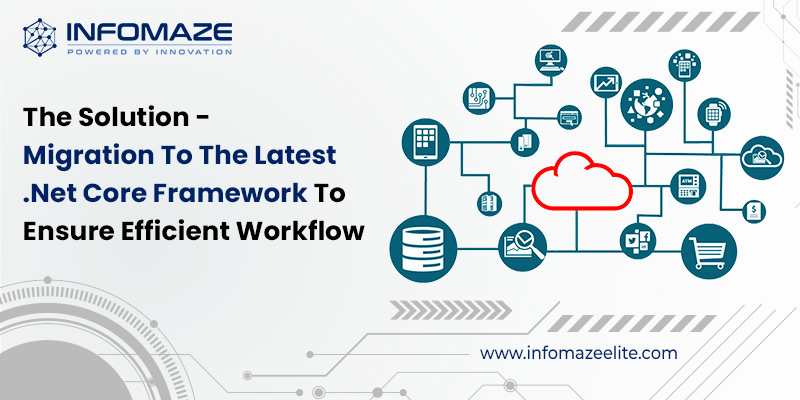
We spent a reasonable time understanding and analyzing the situation and requirements of the client. Finally, we came up with a mind-blowing solution for application migration.
The first step would be to use the Microsoft Azure App Service Assistant. Our skilled developers analyzed the entire data and understood what the data conversion procedure would require. Then our developers created an effective workflow chart to follow the migration process.
Data Transfer and Conversion Procedure
Transfer to Current Cloud Service:
Application data from the legacy system was transferred to the current cloud service.
Data Conversion with Oracle DIPC:
Our team of developers converted the data to Google Cloud Storage using Oracle DIPC within Microsoft Azure platform
Data Cleaning:
Before migration, our expert team ensured data integrity and assisted in cleaning data from on-premises databases.
The second step is to use the migration tool. Our expert developers used Microsoft Azure App Services VBUC for automated migration of the Management Information System (MIS) application that is built with the older version of VB6 to the latest .NET core framework. As requested by our client, the migration was provided with cross-platform accessibility from the MIS application.
Finally, the client benefited from the lightweight and scalable dotnet core framework. It provided the following:
Authorization and Authentication:
Managed the authentication and authorization process.
Security Measures:
Implemented HTTP enforcement, data protection, anti-request forgery protection and secure application secrets.
CORS Management:
Handled Cross-Origin Resource Sharing (CORS) for enhanced security.
Flexible MIS:
The migration facilitated the creation of flexible MIS, streamlining the efficient management of cloud data.
User-Friendly Gateway:
The new system provided the users with a user-friendly gateway to easily access and interact with the application.
The End Results- Successful Application Migration to .NET Core Framework
The solution that was offered to the client by Infomaze achieved 100% user satisfaction. The lift and shift of their legacy system and application transfer to the cloud saved our customer time because they no longer needed to access on-premises data and cloud data separately to boost their ROI.
After migrating to an MIS application, our client’s audience expanded beyond a single platform that offered cross-platform connectivity, including Linux and Windows, and was created by our dedicated developers utilizing the latest supported Visual Studio.
The client was able to use the efficient workflow management in their company with the additional features added to their MIS application for better managing their cloud data, which helped them achieve an integrated cost reduction in their company expenses, including their workforce expenses, sales expenses, and production expenses, etc.
Does this sound familiar to you? Then contact Infomaze today for enhanced productivity and a hassle-free work environment!
Categories
- AI/ML (6)
- Application Migration (8)
- BI (7)
- Case Study (28)
- CRM (8)
- Dot Net (8)
- Informational Blog (71)
- IT Help Desk (8)
- Mern Stack (1)
- Microsoft 365 (2)
- Mobile Application (9)
- Offshore Development (10)
- Outsourcing Services (1)
- PHP (11)
- PowerBI (7)
- QuickBooks (6)
- ReactJS (4)
- SEO (14)
- SharePoint (3)
- Web Application (10)
- Xero (1)
- Zoho (15)
- Zoho Case Study (36)
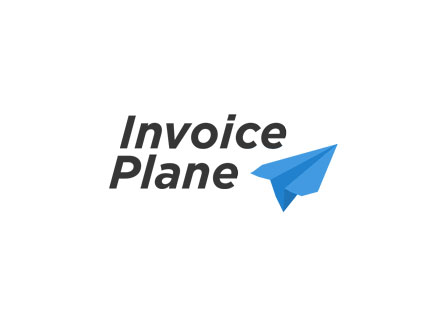
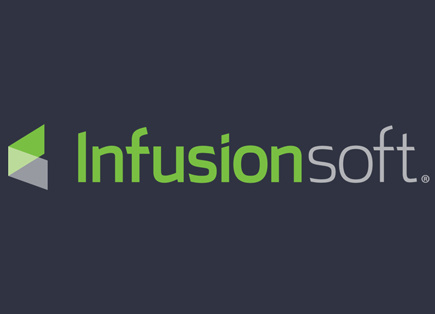

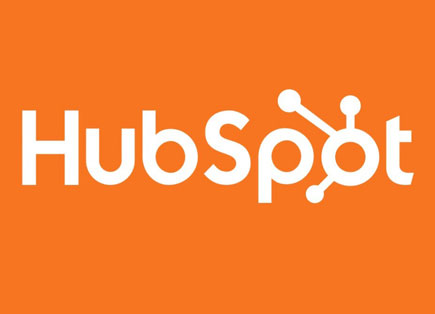
Disclaimer: All rights belong to the owner. No Copyright or Trademark Infringement Intended.


